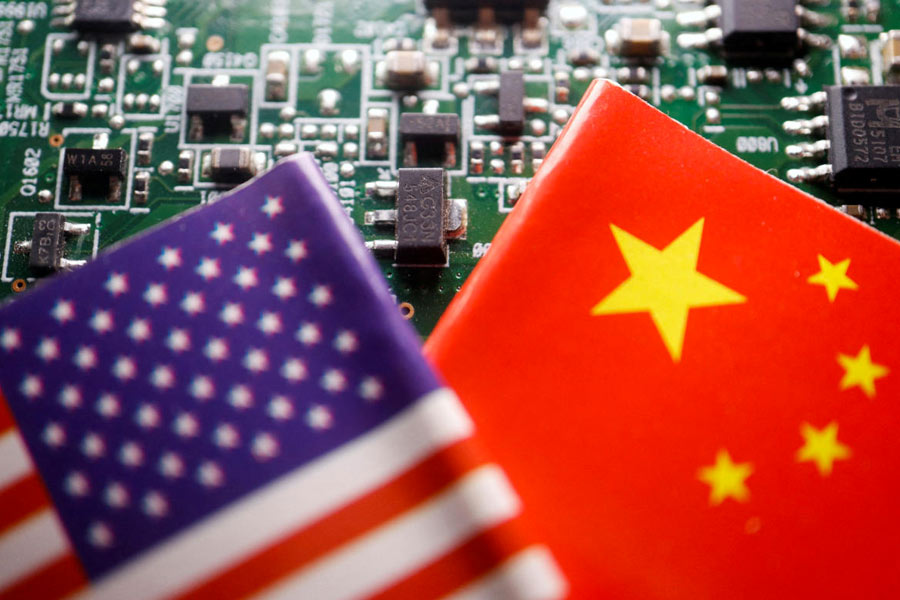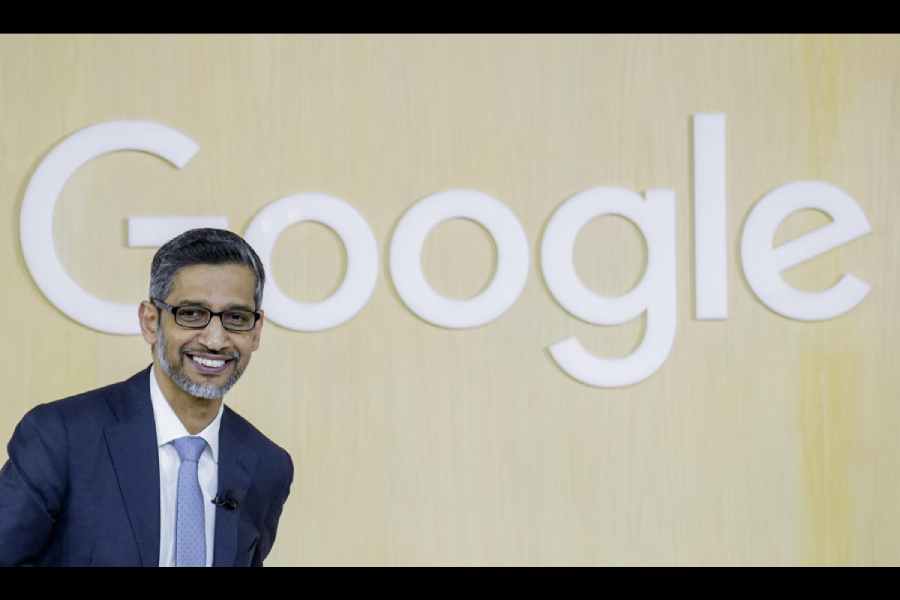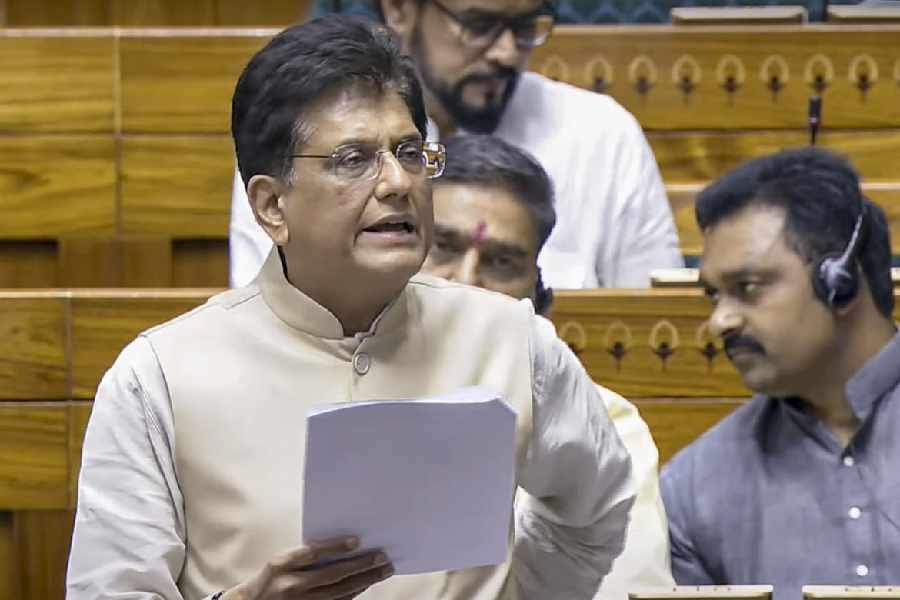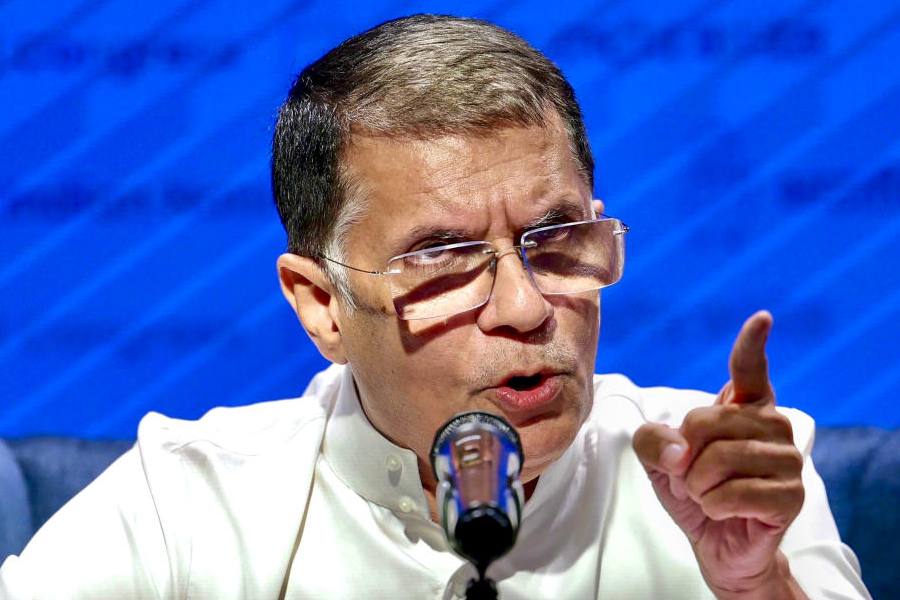Nature abhors a vacuum. It is in the nature of international institutions and, most noticeably, geopolitics to do so as well. As is his wont, in keeping with his policy of making the United States of America reclusive — regressive? — its president announced America’s withdrawal from the United Nations Educational, Scientific and Cultural Organization — for the second time in recent years. The implications of America turning its gaze away from UNESCO are likely to be serious.
The US, once one of the most influential patrons of this body, used to account for nearly 25 cents for every dollar that UNESCO received. A probable paucity of funds because of the US’s retreat on global research output and other kinds of endeavours that UNESCO supports in the fields of culture, education and science cannot be ruled out. Donald Trump, unmindful of such consequences, is being anything but consistent. Under his watch, the US has already junked its membership of the World Health Organization. The White House is expected to assess its association with other UN agencies in August. More such partings cannot be ruled out.
But what the US rejects, China seems to accept — quite happily. China has an official as UNESCO’s deputy director-general. Beijing is likely to strive and be an effective substitute as a patron for the UN agency — for a price. Already, there are whispers of UNESCO pitching in for Xi Jinping’s ambitious but troubled Belt and Road initiative. Beijing is also striving to edge Italy out as the nation with the most number of UN cultural heritage sites. Two imperatives are guiding China’s wilful entanglement with UNESCO. The first concerns China’s weaponisation of soft power. Given UNESCO’s clout on what constitutes as history and knowledge, China, through its investments in the UN body, would be in a position to augment its global outreach further. This approach is not new. Beijing, it is alleged, has been harnessing its soft power in a number of ways: the promotion of Confucian Institutes, the extension of economic aid, often at an exorbitant price for the recipient nations, student exchange programmes, even the gifting of pandas, are all tied to Beijing’s eagerness to leave its imprint globally. There is an additional incentive for Beijing to support UNESCO: this body is entrusted with the setting up of guidelines on Artificial Intelligence and has partnerships with numerous AI companies around the world. With AI touted to be the next revolution not only in technology but also in geostrategy, Beijing is naturally interested in tightening its grip on UNESCO.
The approaches adopted by China and the US towards UNESCO reveal a fundamental difference in the way the two nations under their respective leaders are going about ensuring their place of dominance in the global pecking order. Even though he advocates a return to an isolationist policy, Mr Trump is unlikely to let go of the leverages and the hegemony that the US has built over the decades. But a transactional approach — war with tariffs as missiles — appears to be Mr Trump’s favoured approach. China, on the other hand, remains disproportionately fond of the proverbial silken glove — only the silk glove hides knuckles of steel.










